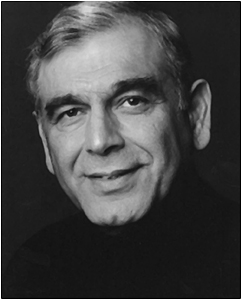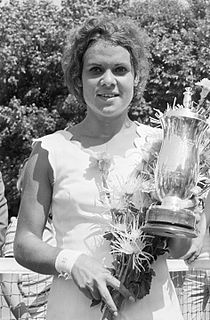A Quote by Rob Pike
Why would you have a language that is not theoretically exciting? Because it's very useful.
Related Quotes
The important thing is to be able to understand anyone who has something useful to say. - There is a general moral here. Be very careful and very clear about what you say. But do not be dogmatic about your own language. Be prepared to express any careful thought in the language your audience will understand. And be prepared to learn from someone who talks a language with which you are not familiar.
Dr. Adler had instructed me to always say whatever I was thinking, but this was difficult for me, for the act of thinking and the act of articulating those thoughts were not synchronous to me, or even necessarily consecutive. I knew that I thought and spoke in the same language and that theoretically there should be no reason why I could not express my thoughts as they occurred or soon thereafter, but the language in which I thought and the language in which I spoke, though both English, often seemed divided by a gap that could not be simultaneously, or even retrospectively, bridged.
Not bad in short, though the last one [understanding the language of animals], isn't half as useful as you might expect, since when all's said and done the language of the beasts tends to revolve around: a) the endless hunt for food, b) finding a warm bush to sleep in the evening, and c) the sporadic satisfication of certain glands. (Many would argue that the language of human kind boils down to this too)
The why is what makes journalism an adult game. The why is what makes policy coherent and useful. The why is what transforms bureaucrats and foot soldiers and political leaders into viable instruments of rational and affirmative change. The why is everything and without it, the very suggestion of human progress becomes a cosmic joke.
When I got the opportunity to do the new wing [the Schauhaus] for the German Historical Museum, for instance, I didn't see it as an opportunity for my own ego, to do something so exciting that every architectural publication would want to put it on the cover. I accepted it because I knew it was going to be a very difficult project, and I wasn't sure I could do something exciting there.



































